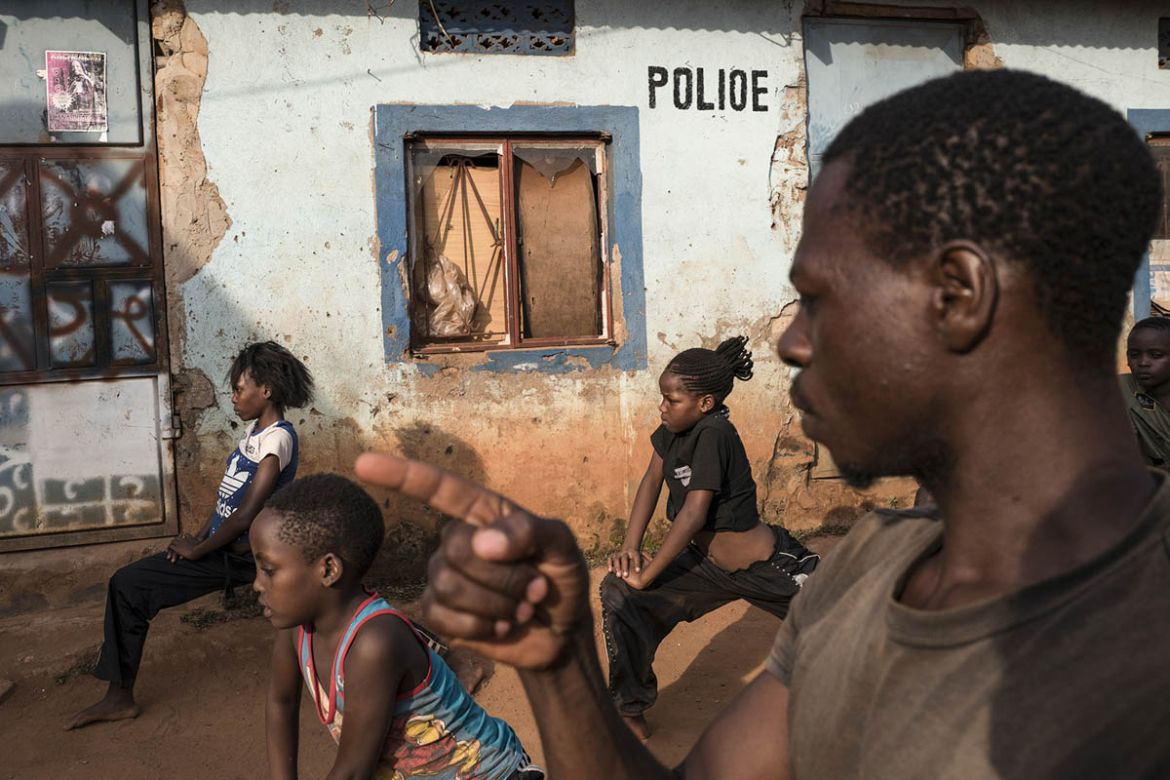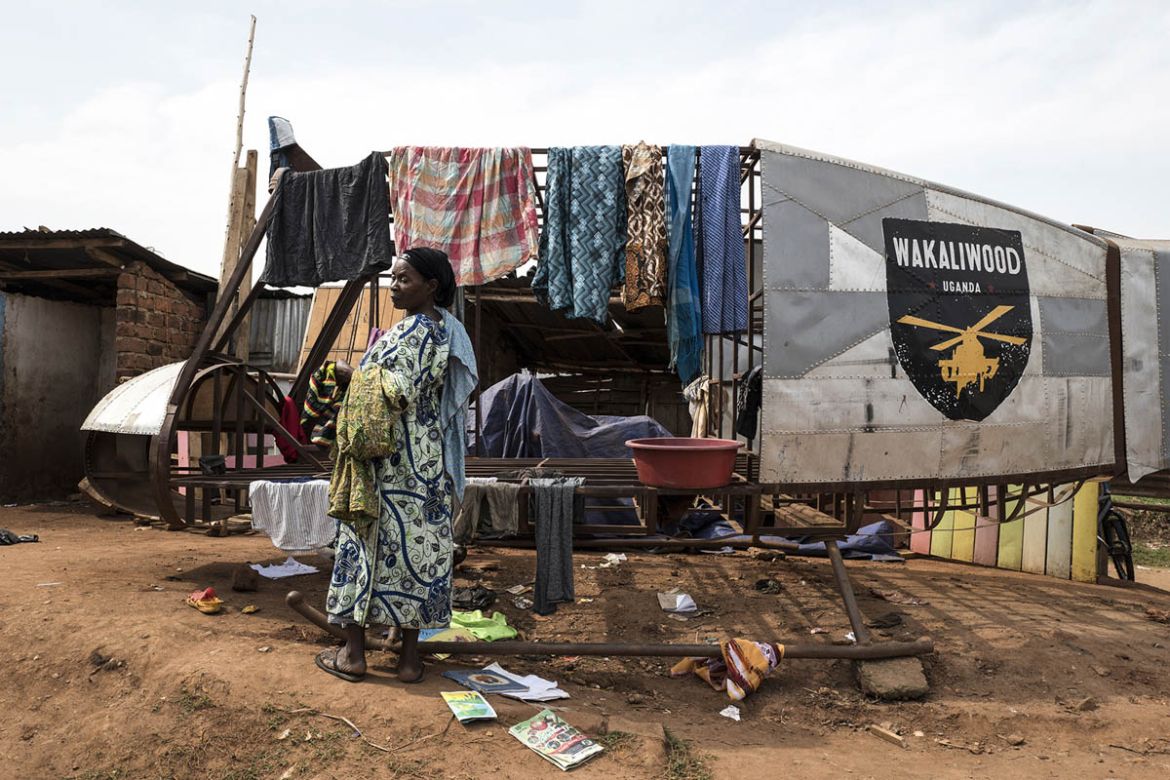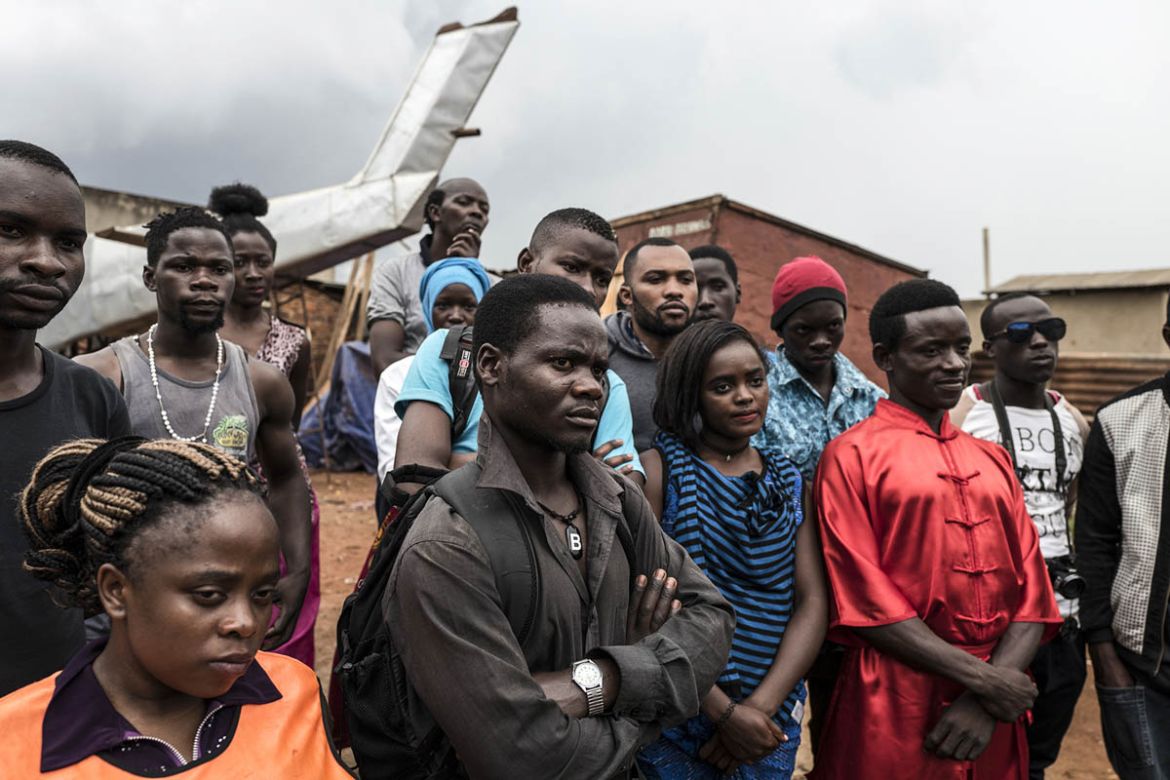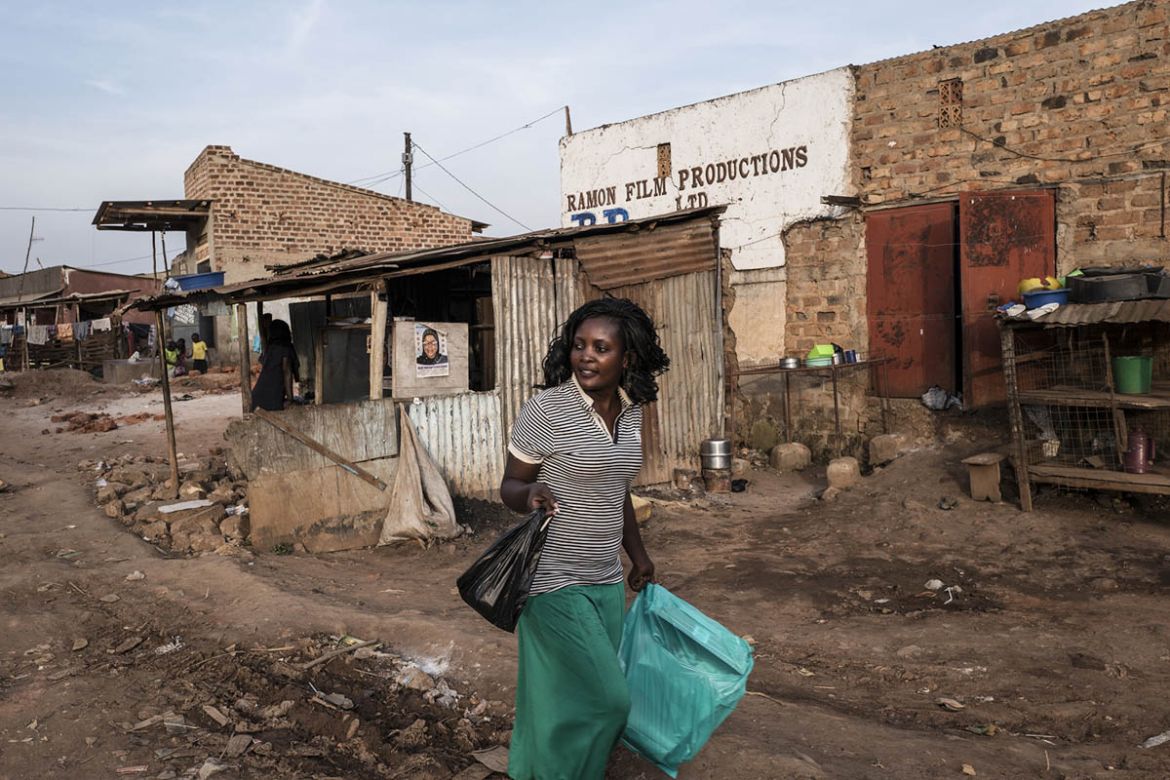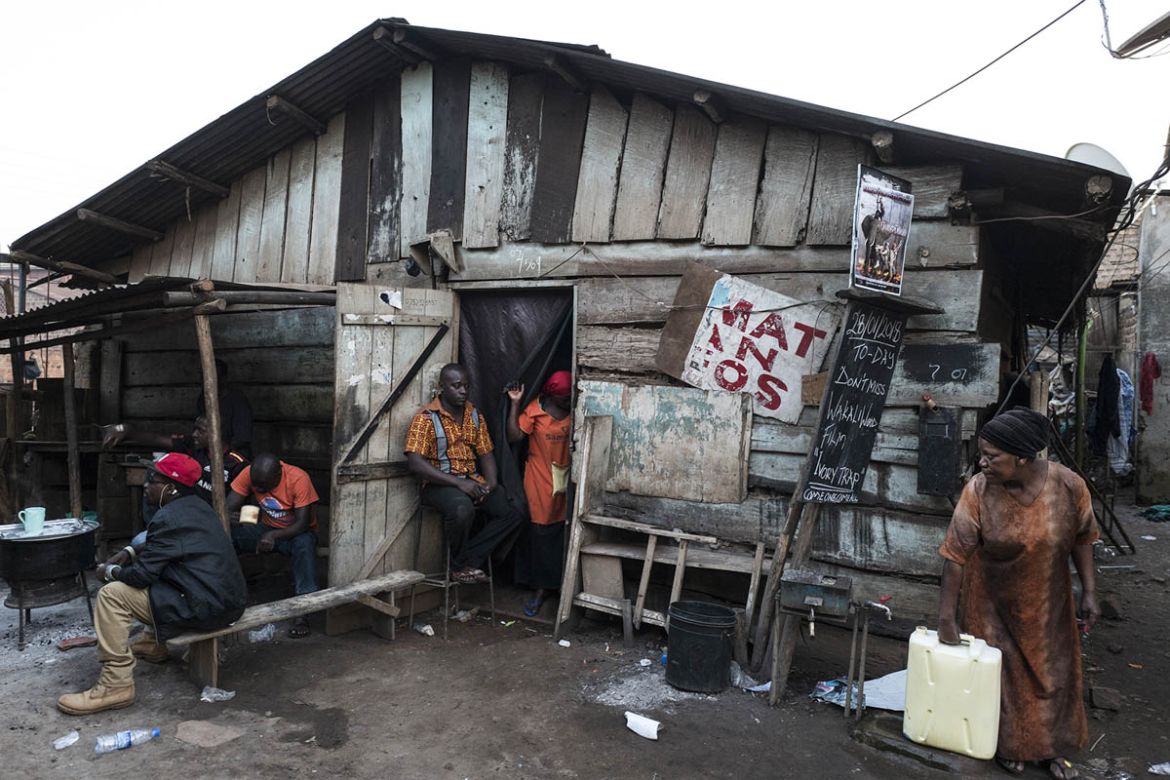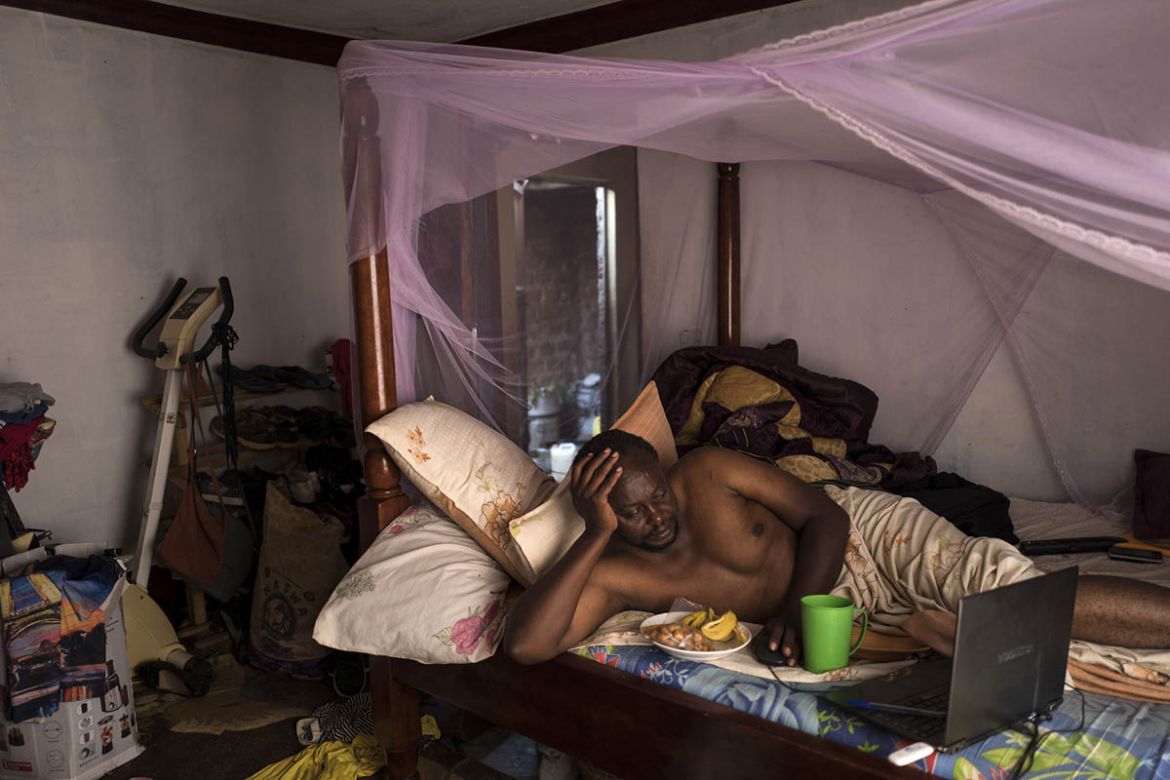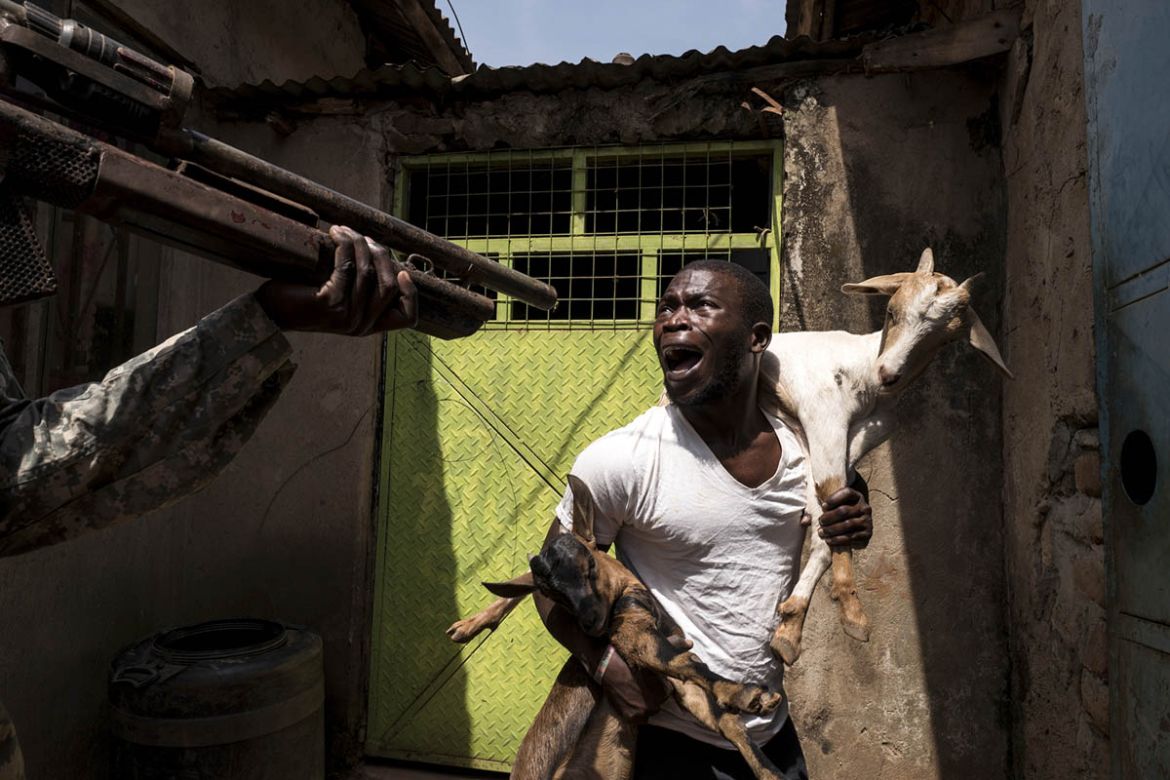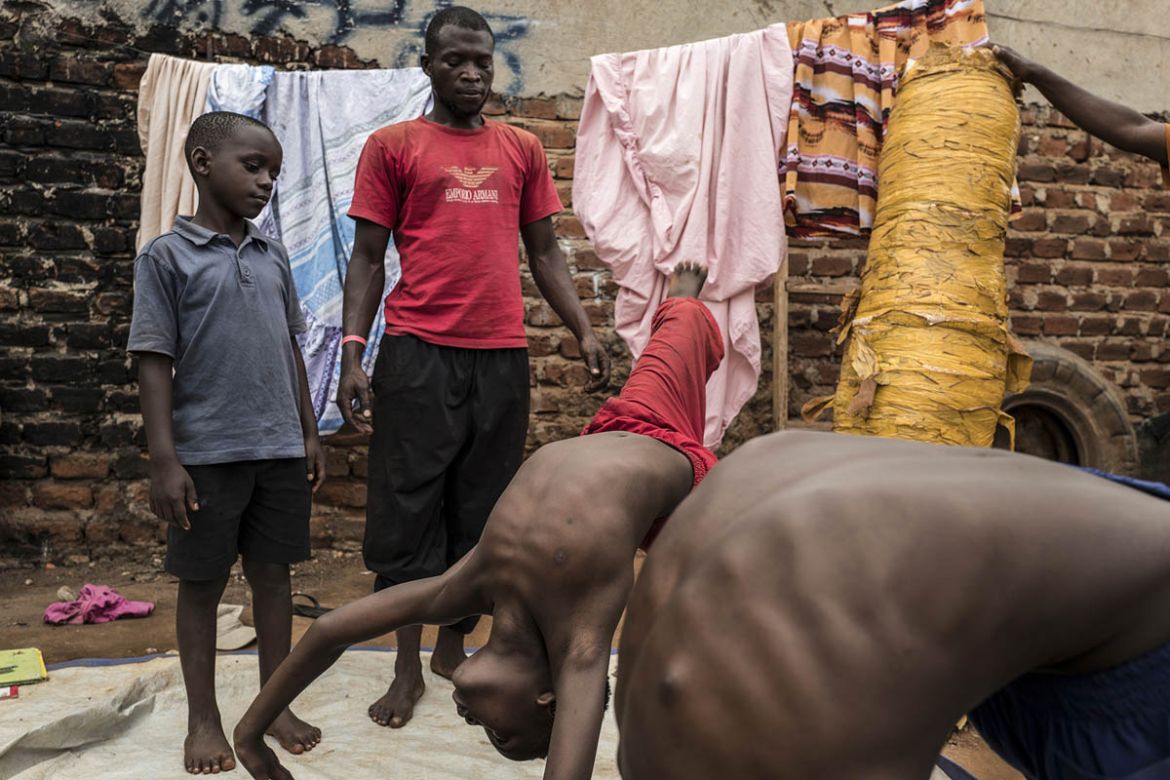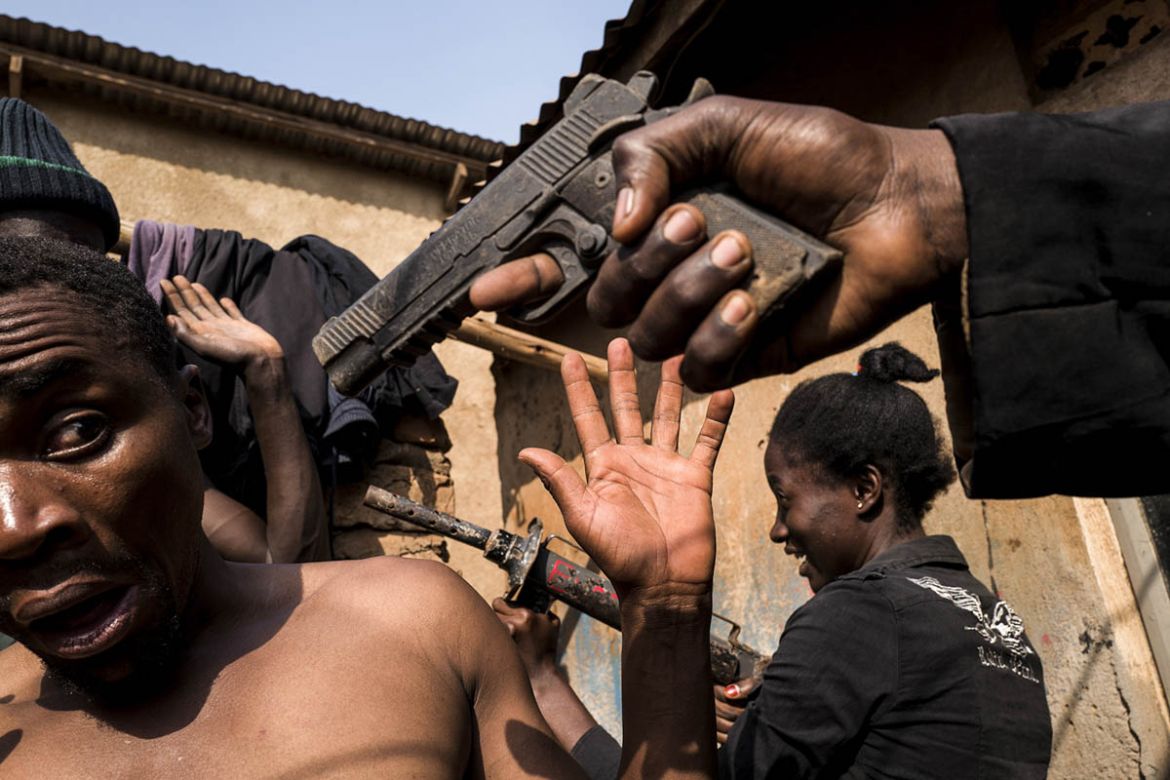In Pictures
Wakaliwood: The cinematic dream of a Uganda slum
Slum in Kampala with about 2,000 residents is home to a young and booming Ugandan cinema industry.

Wakaliga, a slum in Kampala with about 2,000 inhabitants, is home to a young booming Ugandan cinema industry known as “Wakaliwood”, the Ugandan Hollywood.
Here, low-budget films are produced by using everyday household items, such as frying pans, and PVC pipes as mock rocket launchers, and condoms filled with red dye for exploding squibs.
Wakaliwood was started in 2005 by idea Isaac Nabwana, a young man who had grown up during the brutal regime of Idi Amin, who, from 1971 to 1979, presided over the killing of 100,000 to 500,000 Ugandans.
Nabwana always felt strongly attracted to Western films, which he had never actually watched but only knew by his brother’s passionate descriptions.
Wakaliwood compound is in one of the lowest and most flood-prone areas of Wakaliga. Nabwana built the main home himself, using bricks he baked by hand.
Nabwana and his wife, Harriet, share the bedroom with their three young children, and in-laws and tenants dwell in the remaining rooms. There is no running water and power cuts are frequent.
Beyond the home, the compound also features a rehearsal space, a recording studio, four back rooms for tenants, and a small shack that sells scrap metal.
At the beginning of this adventure Nabwana began to produce and shoot music videos but in 2009, he decided he could no longer wait to make his first action film.
In 2011, a director who goes by the name Mr. Hofmanis, an American expat, launched a crowdfunding campaign for Nabwana’s film “Ebola”, which reached $13,000. A true fortune, from which he was able to buy generators, projectors and hard drives.
The budget for producing a new film is $200; the cast is made up of relatives, friends and neighbours, and props are made of DIY materials.
The actors are not paid, but receive a margin on the DVDs proceeds and can count on a roof over their heads; the rehearsal room, in fact, which during the day is in used for practicing film dialogues, and at night is filled with sleeping bags.
Among the residents there are Kazibwe Ronald Aka General Placdo, Isaac’s assistant, Mustafar Kasekende (Mustafar Lee), kung-fu trainer for children, Zaina Nakasaba, 21, actress, and Kizza Manisuru Ssejjemba, kung-fu master.
Another important actor of the caravan is Dauda Bisaso, the architect of props. He builds weapons used in war scenes out of PVC pipes and pieces of metal taken from landfills.
Isaac’s dream brought about a remarkable film industry in the country, where in 2008 only two or three production companies were active. Today there are more than 500 in Uganda.
